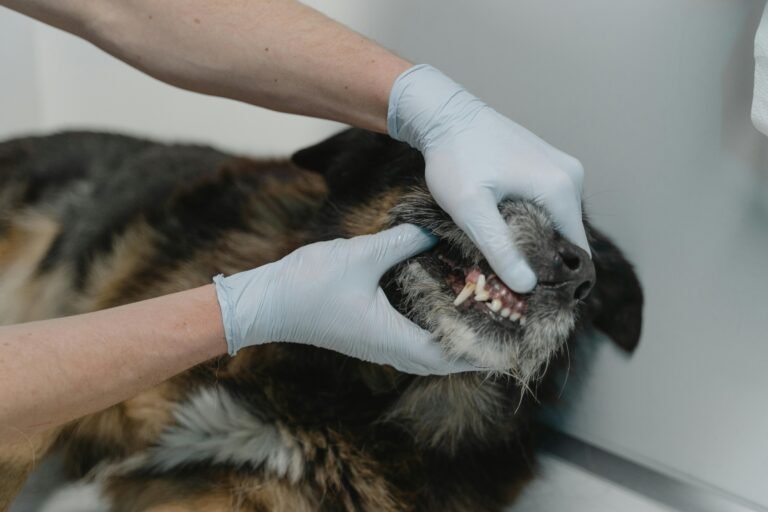Dog food aisles can feel like a maze—especially when labels shout “grain‑free” or “ancient grains.” The truth is simpler: most healthy dogs do well on a quality, complete diet, with or without grains. The key is understanding what grains do, when to avoid them, and how to evaluate the whole formula.
What Grains Provide
Whole grains like oats, brown rice, and barley bring fiber, B vitamins, and steady energy. Fiber supports gut health and stool quality, and can help pups feel full at appropriate calorie levels. Many well‑balanced diets use grains to round out protein and fat while keeping costs reasonable for long‑term feeding.
When Grain‑Free Makes Sense
True grain allergies are relatively uncommon compared to protein allergies, but they do exist. If your vet confirms a grain sensitivity through an elimination diet, a thoughtfully formulated grain‑free option may help. Just remember: grain‑free doesn’t automatically mean higher quality—it depends on the full ingredient list and nutrient balance.
Reading the Label Like a Pro
- Look for a clear complete and balanced statement for your dog’s life stage.
- Named animal proteins—chicken, turkey, salmon—should feature prominently.
- Carb sources should be straightforward (e.g., brown rice, oats, sweet potato) rather than vague “by‑products.”
- Check calories per cup and match portions to your dog’s activity and body condition.
Transitioning Without Tummy Drama
Switch gradually over 7–10 days: 25% new food for two days, 50% for two, 75% for two, then 100%. Track stool quality, itch level, coat shine, and energy. Those real‑world metrics tell you whether the diet suits your dog better than any marketing claim.
Cost, Convenience, and Sustainability
Whole‑grain diets are often more affordable and widely available, which matters for multi‑dog households. Some brands highlight sustainably sourced grains and proteins—worth considering if eco‑impact is on your radar. Ultimately, the best diet is one you can feed consistently that keeps your dog thriving.
Bottom line: unless your vet indicates otherwise, many dogs do perfectly well on quality whole‑grain foods. Focus on complete nutrition, ingredient clarity, and how your individual dog looks and feels.






